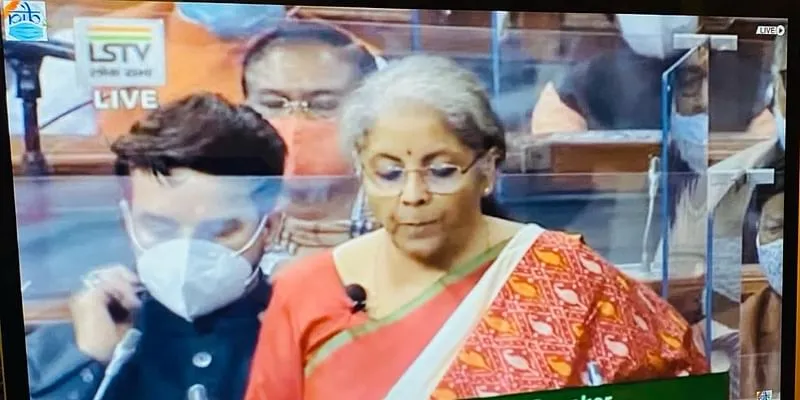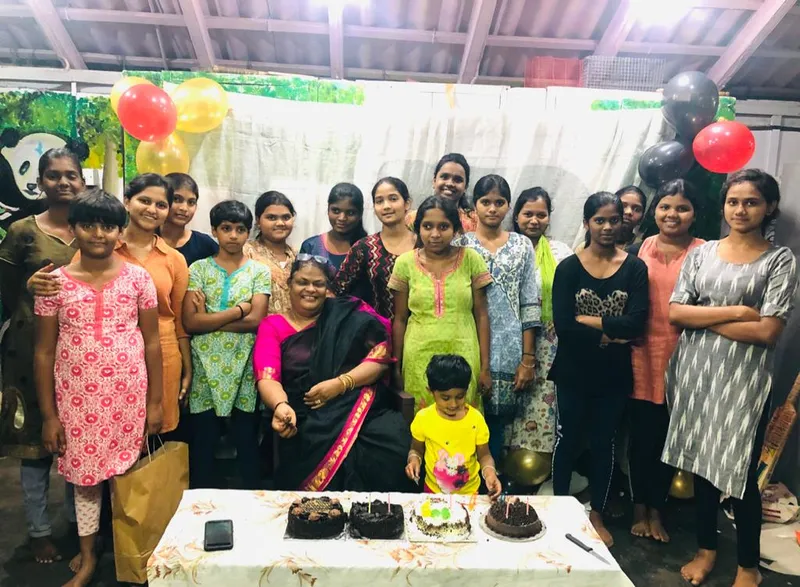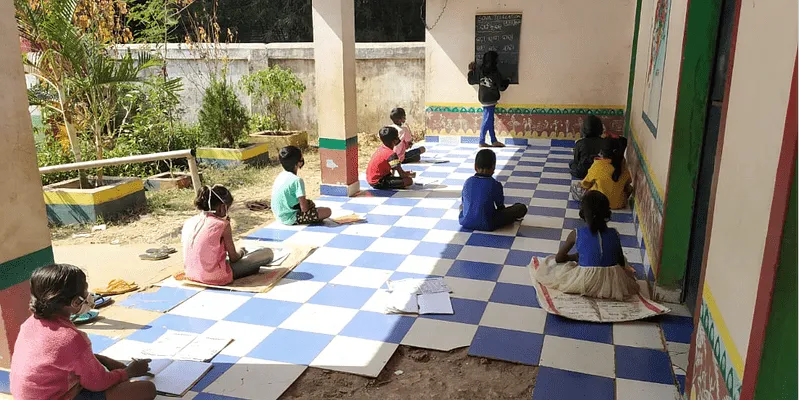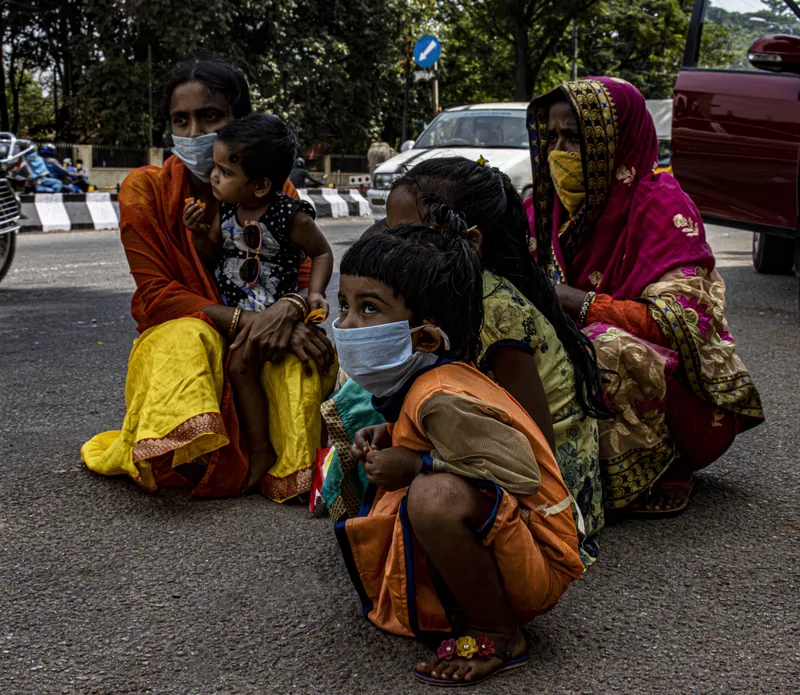From generating clean energy to capturing struggles through photography – the top Social Stories of the week
This week, with the announcement of Union Budget 2021, SocialStory was happy to witness the many highlights aimed at the social sector. We also came across inspiring stories of dedication to the community.
On February 1, Finance Minister Nirmala Sitharaman presented the Union Budget 2021, which saw the mention of migrant workers and farmers, amongst others. She also highlighted the National Hydrogen Energy Mission to generate energy from green energy sources.
Meanwhile, Sabina Solomon and her family have been looking after the children at Angels Orphanage for over 30 years. The pandemic, however, has made daily life a real struggle.
While online education is becoming the new normal in areas with internet connectivity, Project Telecation aims to reach the remotest corners of India with IVR technology.
Here are the top Social Stories of the week:
National Hydrogen Energy Mission to generate energy from green power sources

Finance Minister Nirmala Sitharaman presents Union Budget 2021-2022
The usage of clean and renewable energy will bring India one step closer to growth and sustainability. With that in mind, Finance Minister Nirmala Sitharaman announced renewable energy initiatives during the Budget 2021 presentation.
The minister highlighted the National Hydrogen Energy Mission has been set up in 2021-22 for generating hydrogen from green power sources, which Prime Minister Narendra Modi had hinted while speaking at the Third Re-inVest Conference in November 2020.
Sabina Solomon who has been caring for orphans in Bengaluru

Sabina Solomon with some of the girls at the Angels Orphanage in Bengaluru, before the pandemic. Since the lockdown, they have been facing challenges with meeting the children's daily nutritional needs.
When Sabina Solomon first arrived at a small orphanage tucked away in the by-lanes of Bengaluru’s Shivajinagar in 1991, it was to cook meals as a volunteer for the small group of children who lived there. It was a homecoming of sorts for the then 27-year-old Solomon who soon took on the additional responsibility of tutoring the children as well.
Tragedy struck in 1998 when Sabina lost her husband, leaving her to look after three small children – Stalin, Angel, and Samuel – and the orphans who had come to consider her a parent. She decided that she would devote herself to their upbringing. In 2007, she assumed a leadership role and renamed it the “Angels Orphanage”.
Project Telecation - to impart learning in remote areas without using the internet

The ongoing COVID-19 pandemic has impacted the learning behaviour of over 320 million learners in India, and forced them to adapt e-learning modules. This shift has highlighted the long-standing issues of inequality and digital disparity among urban and rural children, learning infrastructure in the rural areas, education, and digitisation policy. This brings us to our next question — how does one solve them?
Enter Project Telecation - an education initiative, established in September 2020 by five Indians, who witnessed the growing digital divide between students with limited or no internet access. The project enables Interactive Voice Response (IVR)-based audio education and volunteer assistance to children in rural India.
How students in government and tribal schools are benefitting from CSR educational and health initiatives

The Life Skills programme is part of an innovative learning support initiative jointly conducted via an MoU between the Karnataka government and private players — including Tata Technologies, The British Council, and the Embassy Group — that blends special learning in English, Math through Computers, Life Skills, and Sports at several government schools.
The school outreach programme aims to empower students in 246 government and tribal schools with the skills for self-development and future employability through holistic health and innovative learning programmes. The programme has been created along with the Embassy Group to provide the all-around improvement of government schools in Bengaluru through educational resources, infrastructural support, and health initiatives for 20 government schools. As part of the MoU, 24 government schools have been renovated.
Ramita Rathod’s award-winning photo documentary about plight of migrant workers

One of the winning photographs
When a nationwide lockdown was announced in late March to curb the spread of COVID-19, 21-year-old Bengaluru resident Ramita Rathod witnessed the plight of migrant workers, who lost their livelihoods and were either stranded in cities or had to make their way home to villages and small towns.
As part of an NGO, Ramita’s mother helped out those in distress. But Ramita also wanted to contribute during the difficult times. So, she decided to use her photography skills to document the stories of migrant workers. That photo documentary, Lost in Transaction, has won her the Girls’ Voices for Change 2020 award from US-based Greater Good Charities.
Edited by Anju Narayanan








